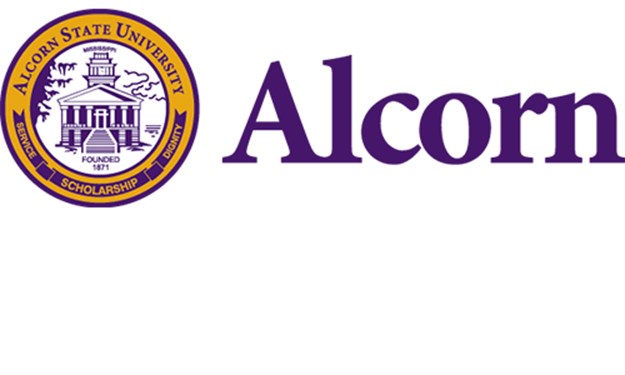Alcorn’s Collins publishes paper on Dr. George Washington Carver’s contributions to Global Food Security
Alcorn’s Collins publishes paper on Dr. George Washington Carver’s contributions to Global Food Security Carver transformed from slave to student, teacher, inventor, and plant pathologist
Alcorn State University Department of Agriculture chair and professor of plant pathology, Dr. Daniel J. Collins, recently published an article on “Contributions of Dr. George Washington Carver to Global Food Security: Historical Reflections of Dr. Carver’s Fungal Plant Disease Survey in the Southeastern United States” on the American Phytopathological Society (APS) Web site.
“Although the global peanut industry is famously indebted to George Washington Carver, our paper presents new historical research which shows his contributions to global food security and plant pathology,” explained Collins. “During his remarkable life, Dr. Carver transformed from slave to student, teacher, inventor, and became the first African-American trained plant pathologist.”
Collins wrote this article in collaboration with his colleagues and fellow plant pathologists, Drs. Lafayette Frederick, Tuskegee University, Herman Warren, Virginia Tech University, and Amy Rossman, USDA Agricultural Research Service (ARS), Systematic Mycology and Microbiology Laboratory, Beltsville, Maryland.
“Fungi cause billions of dollars damage to agricultural crops both in the United States and worldwide,” stated Collins. “Because of Dr. Carver’s scientific expertise in plant pathology he was designated as an official collaborator, Mycology and Plant Disease Survey, Bureau of Plant Industry, USDA in 1935. Mycologist would identify the specimen and send their determination back to Dr. Carver who deposited over 1,000 specimens of fungi primarily from the southeastern United States that document the fungal diseases affecting crops at that time.” He added, “We also address Carvers’ Plant Disease Collections in Mississippi and their historical implications. He deposited two fungal specimen from Utica, Mississippi.”
Dr. Carver’s fungal specimens are currently housed in the U.S. National Fungus Collection and the article discusses the historical and scientific significance of Dr. Carver’s fungal specimen collected for the USDA Bureau of Plant Industry 1896-1943.
In August 2013, Collins and Warren visited with Rossman at USDA ARS Beltsville Agricultural Research Center to view firsthand a wide variety of archival data concerning Dr. Carver contributions to global food security such as fungal specimen deposited in the United States National Fungus Collections, correspondence between Carver and the USDA Mycologist (1920-1943), newspaper articles, and publications.
“The visit to view Carver’s fungal specimens, his handwritten and typed correspondence, publications and related archives was inspirational, shared Collins. “Holding in my hand and reading the official letters appointing Dr. Carver, an African-American plant pathologist, to the high post of an official collaborator for the USDA was an emotional experience.”
Collins added, “This article is a testament of Dr. Carver’s legacy and the important academic and scientific contributions 1890 land-grant universities are continuing to make today. His legacy lives on through the lifetime achievements of those he mentored, worked with, taught, and through the countless others who have read his story and dreamed similar dreams and had a thirst for knowledge. Alcorn, among other land-grant colleges and universities, is faced with the challenge of preparing the next generation of plant pathologists to continue Dr. Carver’s legacy of developing innovative research, education, and extension activities for the global society.”
Click here to read the article.
A poster displaying Dr. Carver’s plant disease survey, copies




